Nurse Lucy Letby found guilty of murdering seven babies in their hospital cots
The 33-year-old poisoned newborn victims by administering insulin, overfeeding them with milk, and injecting them with air at the Countess of Chester Hospital, her trial heard
Nurse Lucy Letby has been found guilty of murdering seven newborn babies on a neonatal hospital unit, making her one of Britain’s most prolific serial killers of children.
After a 10-month trial, during which jurors at Manchester Crown Court heard from more than 240 witnesses, Letby was found guilty of seven counts of murder and the attempted murder of six other babies.
The 33-year-old deliberately injected infants with air or poisoned them with insulin between June 2015 and June 2016 while working at the Countess of Chester Hospital in the North West. Other babies, some of whom had been born prematurely or had specific vulnerabilities, were harmed by being fed excessive amounts of milk, while one was physically assaulted.
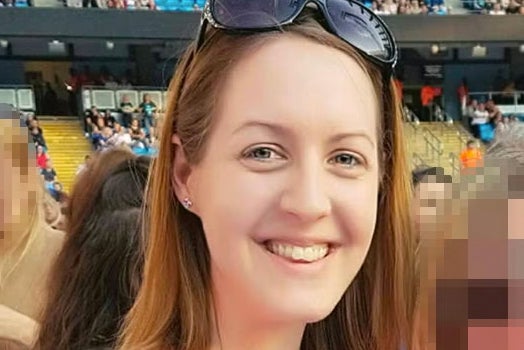
Letby was not in the dock when the jury returned its final verdicts on Friday after 22 days and more than 100 hours of deliberation. Her parents were also absent from the court, but families of the victims were in the public gallery.
Following the verdicts, families of the victims described their eight-year wait for justice, saying in a statement: “Words cannot effectively explain how we’re feeling at this moment in time. We are quite simply stunned.
“To lose a baby is a heartbreaking experience no parent should ever have to go through, but to lose a baby or to have a baby harmed in these particular circumstances is unimaginable.
“We are heartbroken, devastated, angry and feel numb. We may never truly know why this happened.”
Verdicts on 16 of the 22 counts Letby faced were returned by the jury previously, but could not be reported until now. The jury was unable to reach verdicts on six counts of attempted murder, leading the relatives of one of the infants to storm out of court. When the first two guilty verdicts were returned on 8 August, in relation to two counts of attempted murder, Letby fought back tears in the dock and then cried as she left the courtroom.
Cheshire Police say they are continuing to review the care of some 4,000 babies who were admitted to the Countess of Chester Hospital during Letby’s employment there from 2012 – and also of patients at Liverpool Women’s Hospital, where Letby held two work placements.
It has been announced that an independent inquiry will be held into the case, which will examine “the circumstances surrounding the deaths and incidents, including how concerns raised by clinicians were dealt with”, the Department of Health and Social Care has said.
As well as examining the handling of concerns raised by staff at the hospital, the inquiry will look at what action was taken by regulators and the wider health service.
The Parliamentary and Health Service Ombudsman, Rob Behrens, said: “Those who lost their children deserve to know whether Letby could have been stopped, and how it was that doctors were not listened to, and their concerns not addressed, for so long.”
Letby is due to be sentenced on Monday. She will not attend court.
Below we look at how her horrific killing spree unfolded.
Letby was ‘a constant malevolent presence’
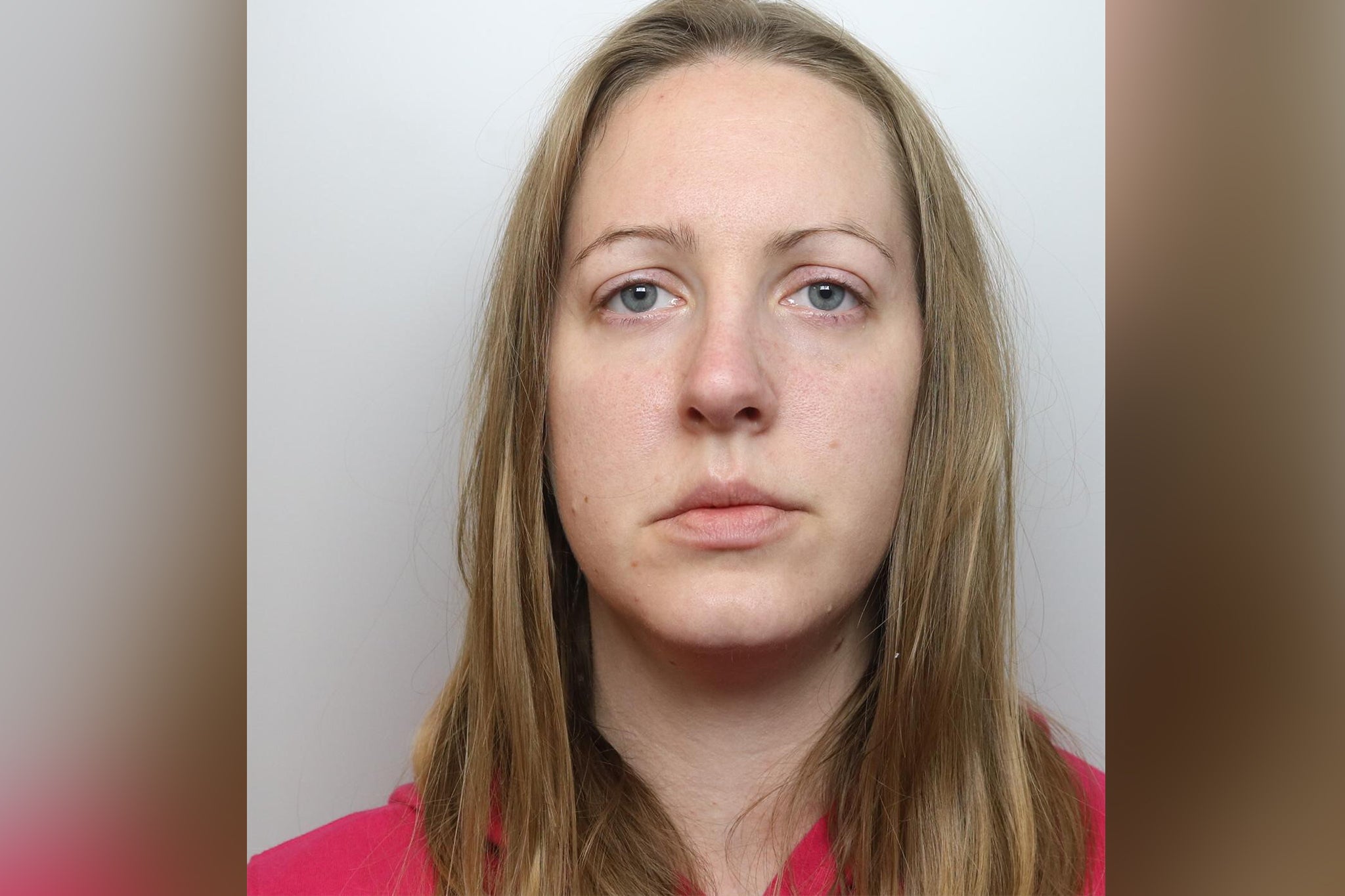
The trial heard Letby was a “constant malevolent presence” when things took a turn for the worse for her victims, with seemingly healthy babies often deteriorating dramatically while in her care.
Concerns were first raised in June 2015 after three babies died over a period of two weeks, with Letby’s name first being mentioned among a group of consultants.
Despite this, she continued to work at the unit for a further 12 months until she was moved to clerical duties in July 2016.
The court heard that, on one occasion, a doctor walked into the room while she was suspected of being in the process of trying to kill a premature baby in February 2016.
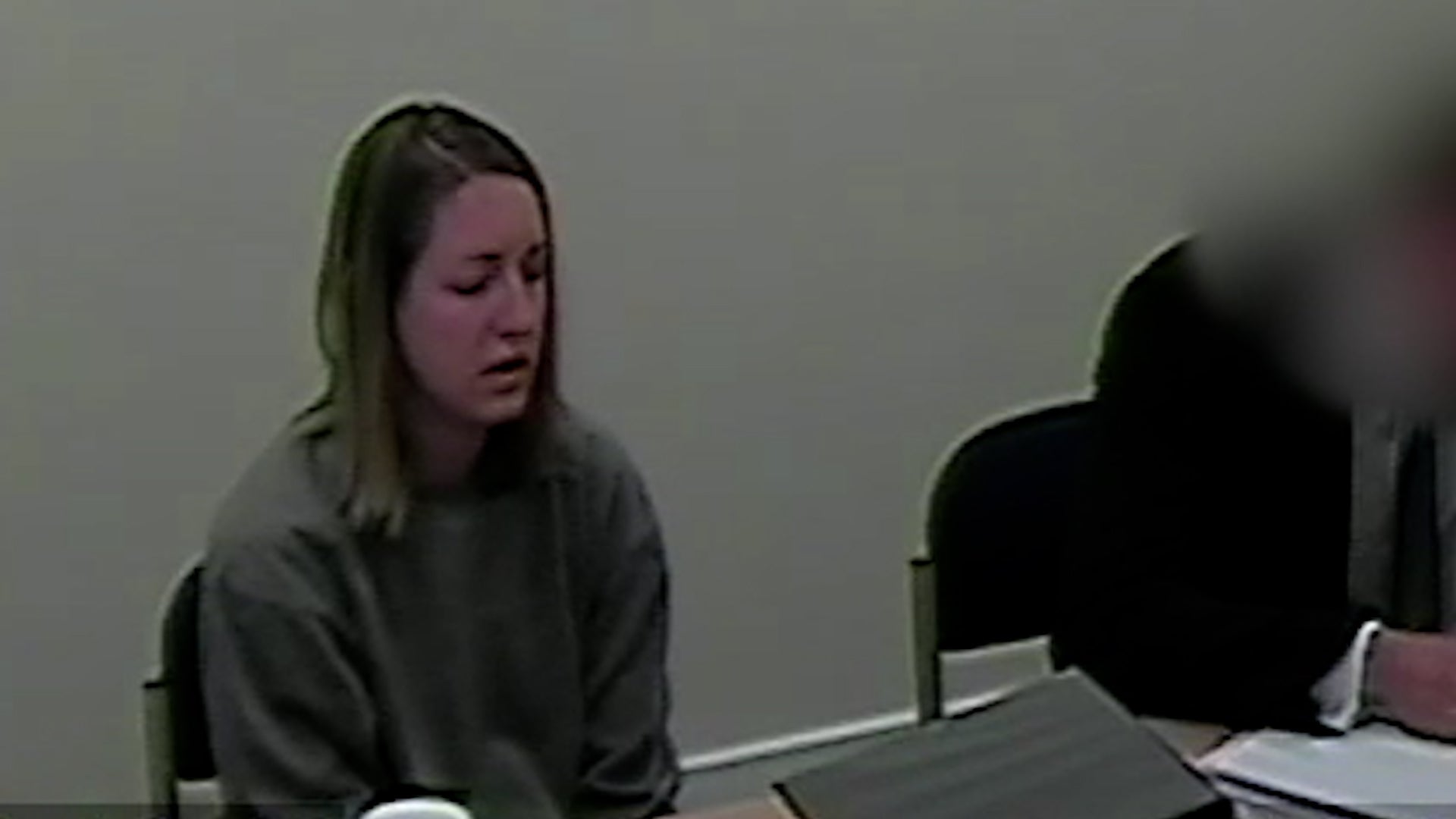
Having made the association between the deaths and collapses and Letby’s presence, Dr Ravi Jayaram told jurors he was “extremely uncomfortable” at leaving her alone with the infant, and arrived to find that the baby’s breathing tube had been dislodged.
After the deaths of two male triplets in June 2016, Letby was named as the “common denominator” and became the subject of a hospital review. Cheshire Police were contacted in mid-2017 to assist with the investigation, and after they obtained expert advice, she was arrested.
Opening the case for the prosecution last October, Nick Johnson KC said: “It is a hospital like so many others in the UK, but unlike many other hospitals in the UK – and unlike many other neonatal units in the UK – within the neonatal unit at the Countess of Chester Hospital, a poisoner was at work.
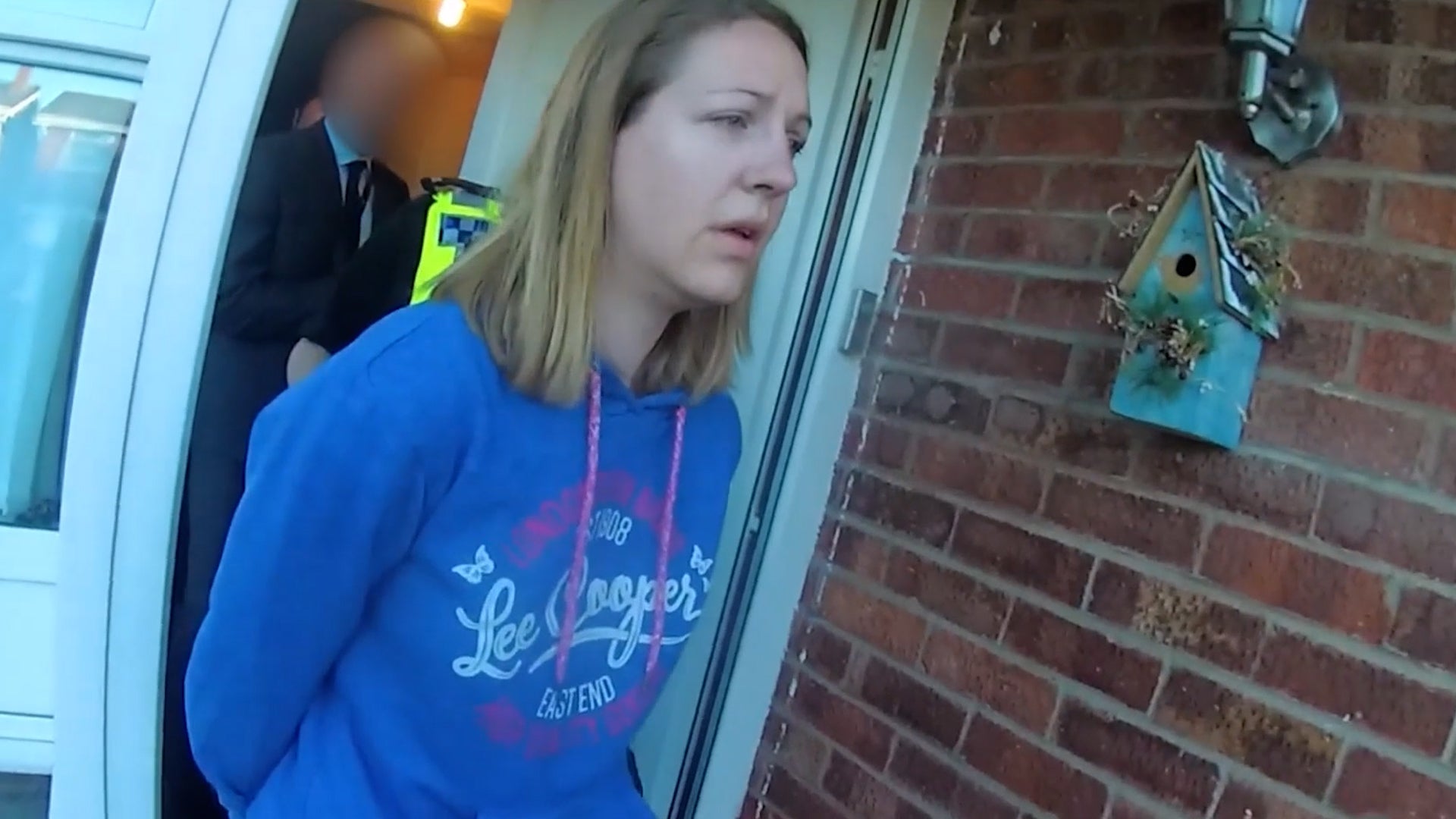
“Babies who had not been unstable at all suddenly deteriorated. Sometimes babies who had been sick but then been on the mend suddenly deteriorated for no apparent reason.
“Having searched for a cause, which they were unable to find, the consultants noticed that the inexplicable collapses and deaths did have one common denominator: the presence of one of the neonatal nurses – and that nurse was Lucy Letby.”
On her conviction, crown prosecutor Pascale Jones said of Letby: “Parents were exposed to her morbid curiosity and her fake compassion. Too many of them returned home to empty baby rooms. Many surviving children live with permanent consequences of her assaults upon their lives.
“Her attacks were a complete betrayal of the trust placed in her.”
Like the parents of hundreds of babies whom Letby cared for, one mother of newborn twins said she had “completely” trusted the nurse.
Letby, 33, murdered the woman’s son, Child E, with a fatal injection of air into his bloodstream, and the following day attempted to kill his twin brother, Child F, by insulin poisoning.
Giving evidence in the trial at Manchester Crown Court, the woman said she heard cries as she walked along the main corridor to the intensive care nursery. “It was a sound that should not come from a tiny baby,” she said. “I can’t explain what the sound was. It was horrendous. More of a scream than a cry.”
The damning ‘I did this’ notes
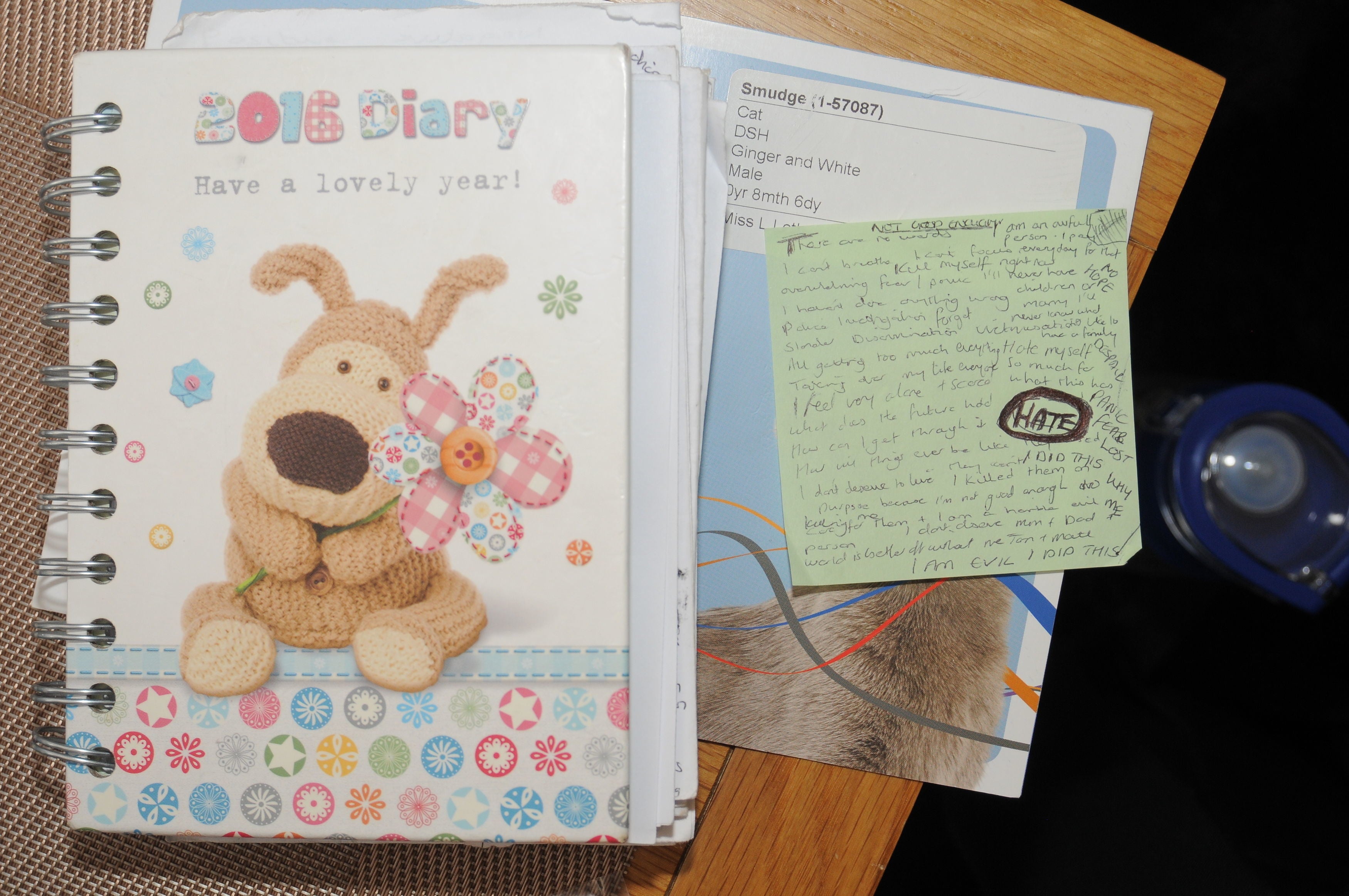

Early on in the trial, the court was told of a disturbing discovery at her home.
A search of the property in Chester found a number of Post-it notes on which she had written: ‘I killed them on purpose because I’m not good enough’, ‘I am a horrible person’, and ‘I AM EVIL I DID THIS’.
Other scribbled notes included the phrases “Kill Me”, “Help Me”, and “I Can’t Do This Any More”. Police also discovered 257 handover notes containing medical details of her victims, including how many doses of adrenaline had been given to one child during his collapse.
Ben Myers KC, defending Letby, had insisted that the notes showed his client’s “anguish not guilt”, telling the jury they were the “outpouring of a young woman when she learnt she was being accused of killing children that she’d done her best to care for”.
A note of medications given to a baby boy as he fought back from the brink of death was among items found under Letby’s bed. The record of emergency drugs provided to the infant was written on a paper towel during his 30-minute resuscitation as she gave him rescue breaths. Earlier she had injected air into Child M’s bloodstream, and had also poisoned his twin brother, Child L, with insulin.
Analysis of Letby’s devices found that she had made a number of Facebook searches for the family members of her victims, and had become “obsessed” with one mother, searching for her on several occasions including on Christmas Day.
Letby tried to murder one infant, known as Child I, on four occasions by injecting air into her stomach and bloodstream. Described as “calculated” and “cold-blooded”, Letby sent Child I’s parents a sympathy card after the infant’s death on 23 October, and kept a picture of it on her mobile phone.
Letby denied the charges. Her defence lawyer claimed that “suboptimal care” at the Countess of Chester had been a major factor, and accused hospital bosses of a “conspiracy” to cover up shortcomings on the neonatal ward.
Following the verdicts, Jones, who served as the Crown Prosecution Service reviewing lawyer, said Letby had “brainwashed” her colleagues at the hospital into thinking nothing sinister was happening on the neonatal unit.
The ‘nice’ nurse who became a child killer in plain sight
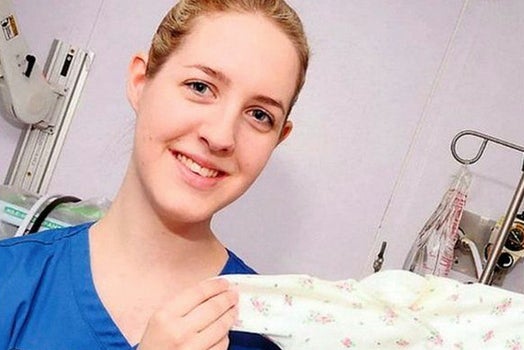
“Nice Lucy”, as one consultant called her, was born in Hereford in January 1990, the only child of John and Susan Letby, who attended court throughout their daughter’s trial.
After an unremarkable childhood filled with holidays to Devon, she attended the local comprehensive school before enrolling in a nursing course at the University of Chester, 100 miles from home.
One rare moment of emotion during her 10-month trial came when jurors were shown pictures of her bedroom in Hereford, which prompted Letby, 33, to break down in the dock.
The untidy room gave a childish impression of the serial killer, with two teddy bears placed on a duvet cover bearing the motif “Sweet Dreams”.
Framed pictures bearing the slogans “Shine Bright Like a Diamond” and “Leave Sparkles Wherever You Go” could be seen on the bedroom walls, while a fluffy pink and white polkadot dressing gown hung on the door.
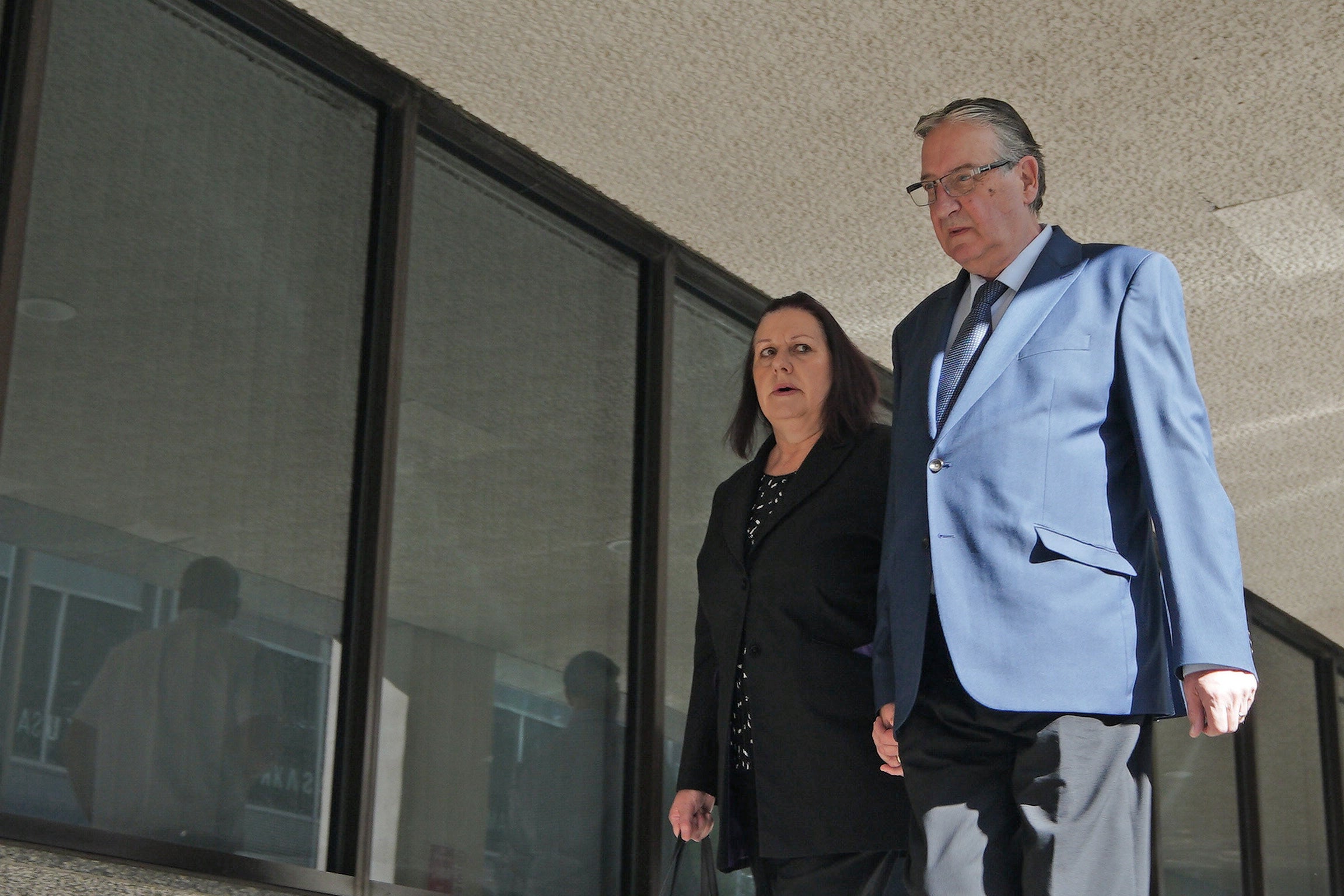
During her time at university in Chester, she was regarded as a studious type, never staying out late as she worked towards her goal. In fact, on qualifying as a registered NHS nurse in 2011, Letby developed a reputation among her colleagues as reliable, hard-working and trustworthy.
But her innocent exterior masked a terrifying truth, the trial heard.
“Lucy Letby was operating in plain sight,” said deputy senior investigating officer Detective Chief Inspector Nicola Evans. “She abused the trust of the people around her, not just the parents who had trusted her with their babies but also the nurses she worked with, the people she regarded as friends.”
Following the verdicts, Ms Evans said: “I would describe Lucy Letby, from my own experience of this investigation, as ‘beige’. There isn’t anything outstanding or outrageous that we found about her as a person. And I think that has come across during the trial, in that she was an average nurse ... But clearly there was another side that nobody saw – a massive deceit – and that we have unravelled during this investigation and during the trial.”
Dr Dominic Willmott, a senior lecturer in criminology at Loughborough University, said Letby may have been motivated by a “pathological desire for attention and sympathy”.
However, detectives say the reasons why Letby murdered her victims may never be known. Speaking after the case, senior investigating officer Detective Superintendent Paul Hughes said: “Ultimately, the only person who can answer the question ‘Why?’ is Lucy Letby herself. I don’t think we’ll ever know unless she chooses to tell us.”
Emotionless response in the dock
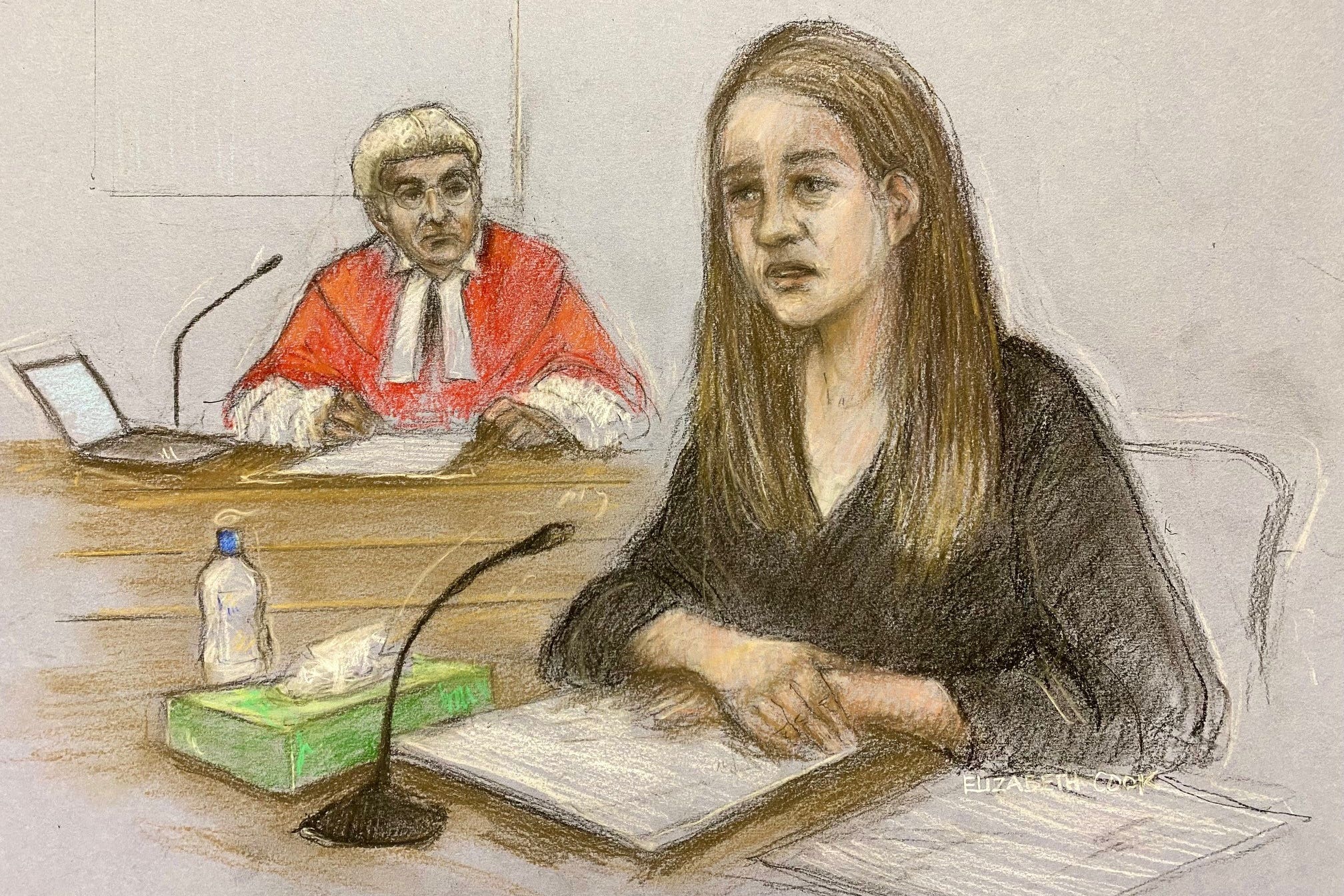
For months during the trial, Letby had appeared a sullen, brooding presence in the dock. In the witness box, she cried on cue for her barrister, but appeared almost belligerent when cross-examined.
It didn’t escape prosecutor Mr Johnson’s attention that she claimed not to remember some of her victims. He noted, too, that she shed no tears for any of the babies. Those, he said, were reserved exclusively for Lucy Letby.
Upon hearing that she had been found guilty of the first four murders and four attempted murders, Letby remained dispassionate, with her head bowed.
Her mother was heard crying out “This can’t be right, this can’t be right,” and sobbing uncontrollably before being escorted from the courtroom by her husband.
Now finally convicted after a lengthy trial, Letby will be remanded in custody and sentenced on Monday.
She joins a list of Britain’s worst killers of children, alongside the likes of Myra Hindley and her partner Ian Brady. The Moors murderers killed five children in and around Manchester in the 1960s.
Nurse Beverley Allitt was convicted of killing four children in the 1990s by administering large doses of insulin at Grantham and Kesteven District General Hospital in Lincolnshire.
For her horrific crimes, Letby can only receive a mandatory life sentence. She is likely to spend the majority of her life behind bars.
Infamous across the country, it is likely she will be placed in HMP Low Newton, a maximum security prison that is home to many of the deadliest female killers in recent history.
Following the verdicts, families of her victims expressed their “extreme hurt, anger and distress”. Janet Moore, a family liaison coordinator at Cheshire Constabulary, read out a joint statement on behalf of the families, which said: “We are heartbroken, devastated, angry and feel numb. We may never truly know why this happened.”



